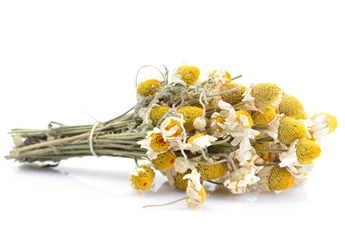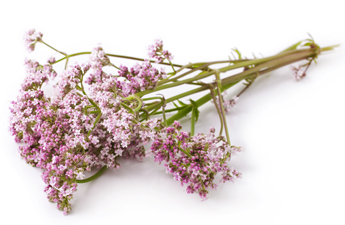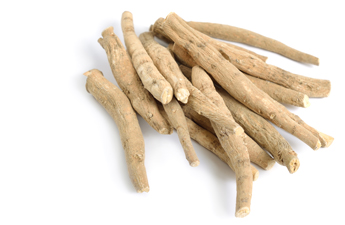By Stephanie Hazel, Traditional Western Herbalist
Western Herbal Medicine is the art and the science of using plants and making changes to your lifestyle to create a better sense of balance in your body, mind, and heart. Whereas conventional medicine applies the same approach to each person, herbalism is about finding each individual’s unique state of balance.
Applying this one-size-fits-all mentality to herbalism is problematic, and unfortunately you see it in a lot of literature you read about herbal medicine and diet. Everyone is looking for the magic pill. It’s easy to understand how this happens, for example, think of someone who’s had success with a raw food diet, then shares that success story with everyone they know. It’s easy to attach meaning to a success story, and to conclude that raw food is the diet that’s going to solve all everyone’s health issues. However this ignores the fact that everyone has a different constitution: although raw food diets can be great for some people, for others it can be really detrimental to their health.
One Size Never Fits All…Herbalism’s Indivudal Approach to Holistic Health
One of the downsides of the popularity of herbalism is that the growth of interest in herbs hasn’t been matched by our insight into herbs. We want simple answers to very complex questions. For instance, which herb to use for eczema, or which herb to use for brain function. But herbs don’t work that way – they are not disease-focused, they’re person-focused.
There isn’t a single ‘eczema herb’ or a ‘brain function herb’ that will work on everybody. However, in order to promote herbs, and sell them, that’s often the approach taken, which is really problematic because it’s ignoring individual constitutions, their unique lives, bodies, and mental and emotional states. To choose herbs well, we need to understand what is underneath the unpleasant symptoms, as the same issue can have different causes in different people.
Turmeric is a great example. Turmeric is suddenly THE anti-inflammatory herb. Because it’s been shown to have anti-inflammatory effects in a test tube, we now have a popular idea that everybody should take turmeric all the time. But there isn’t any herb that everybody should have all the time! It just doesn’t exist.
More is Not Better
A state of balance is not achieved by ridding the body of ALL inflammation; inflammation is a vital part of our immune function. If we had no inflammation, we would have no immune system. You can’t find balance in your own body by simply taking more and more of every single beneficial herb available. That’s simply going to imbalance you in some other way. It all comes back to having a good relationship to your own body, to recognising the signs of imbalance, to knowing where your body tends to imbalance. Then, you can learn which herbs create a greater state of health, you can become friends with them, and learn what works for you.
The art of herbal medicine is about discovering what is underlying the problems faced by the individual before you. The science and all the data are really important to understand, but they have to go hand in hand with personalised care.
There’s no substitute for direct experience.
Getting to know your own constitution is all about developing a relationship with your own body. It’s a question of awareness. Start noting the following and you may begin a pattern in what throws your body off balance.
After you eat, notice how you feel. If you experience discomfort, lethargy, or any other reaction, note it down.
Look at your sleep patterns, what does your day look like when you have a bad night sleep, did you exercise, did you drink coffee late in the day?
When your mood worsens, think about what you ate, drank or did 3-5 hours prior.
Recognise your energy levels going up and down; do you have a natural rhythm to your day? If your rhythm is broken, what factors could have influenced this?
If you think that a certain herb might be good for you, try it for a few weeks without any other changes (diet, supplements etc) and pay attention to how you feel.
This can take practice, but over time, by bringing awareness to your bodies’ reactions, you can begin to learn what affects you and how. There is no search engine that can tell you this information. It is real lived experience about your own body.thm to your day? If your rhythm is broken, what factors could have influenced this?
If you think that a certain herb might be good for you, try it for a few weeks without any other changes (diet, supplements etc) and pay attention to how you feel.
This can take practice, but over time, by bringing awareness to your bodies’ reactions, you can begin to learn what affects you and how. There is no search engine that can tell you this information. It is real lived experience about your own body.





 Nextwave
Nextwave

